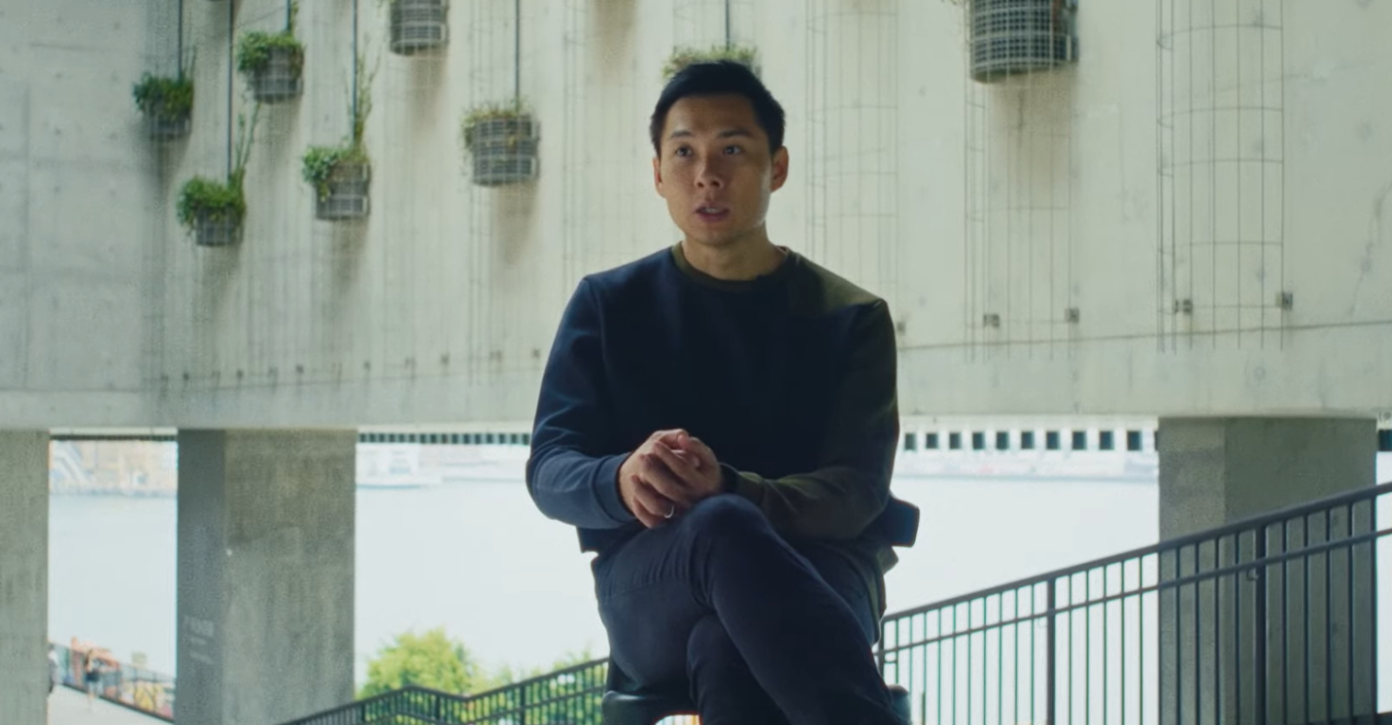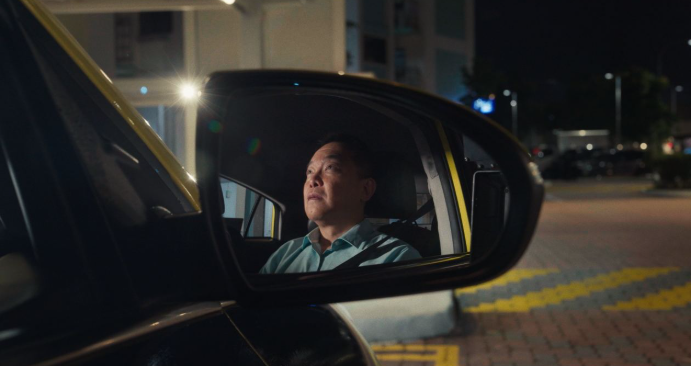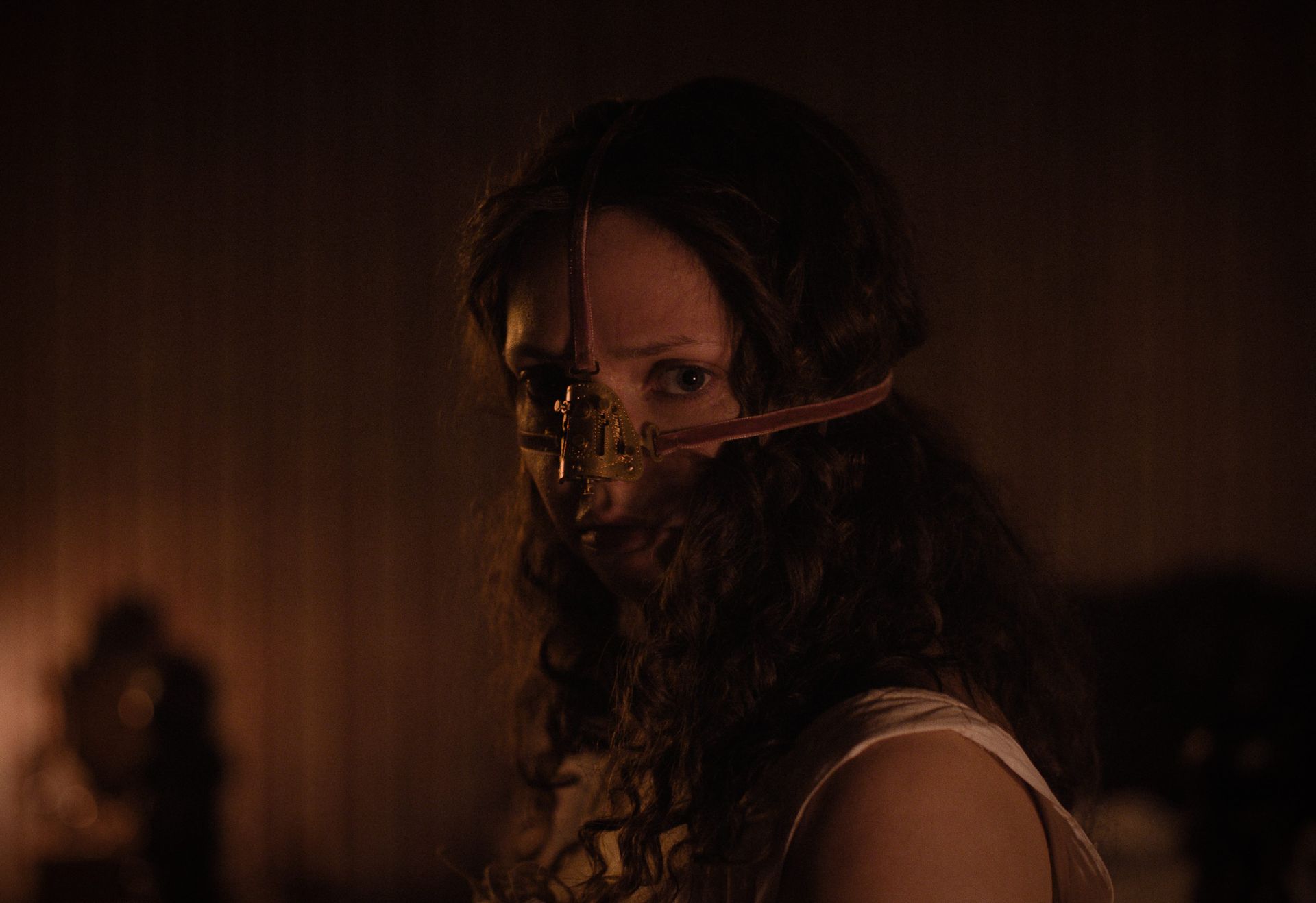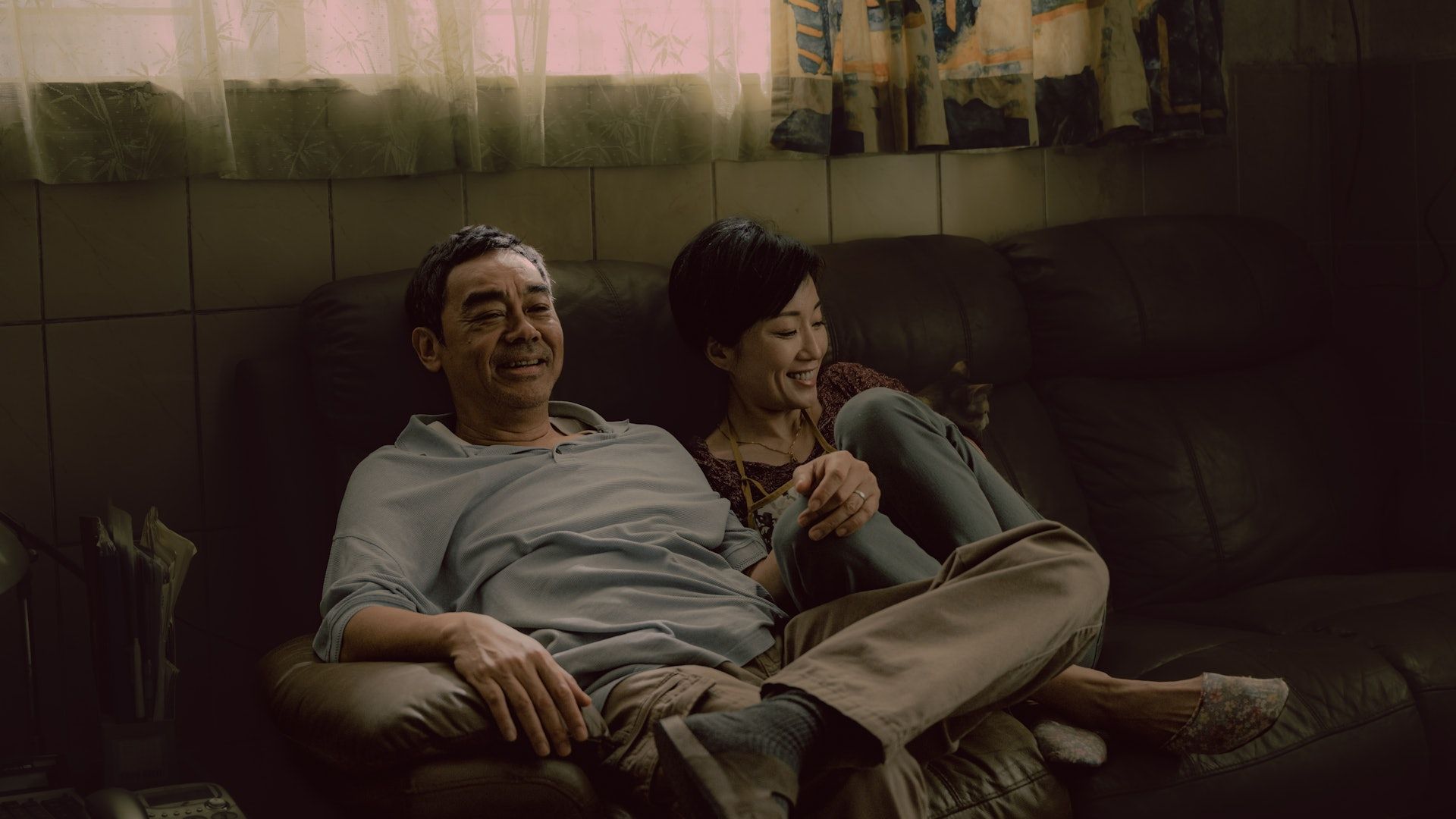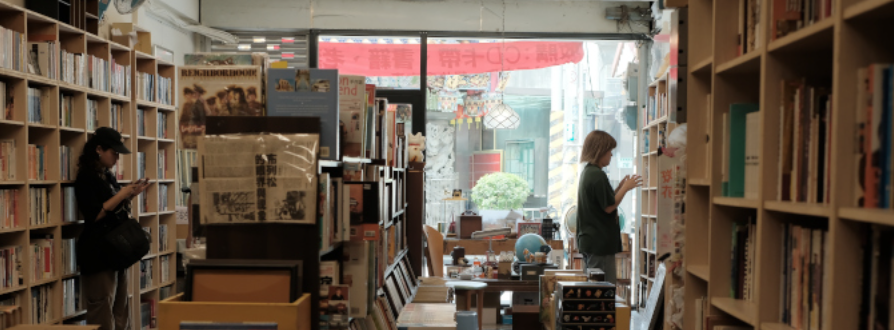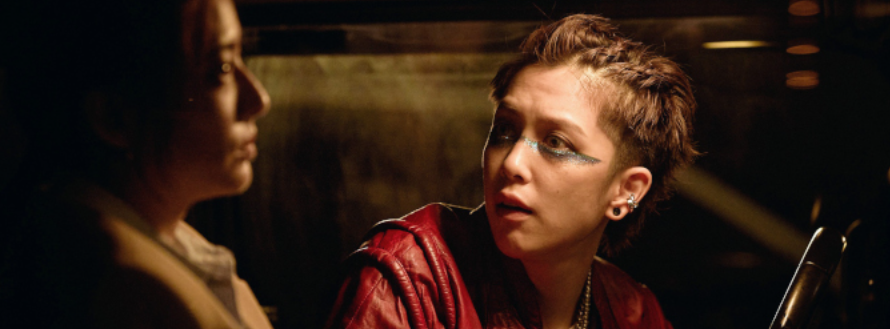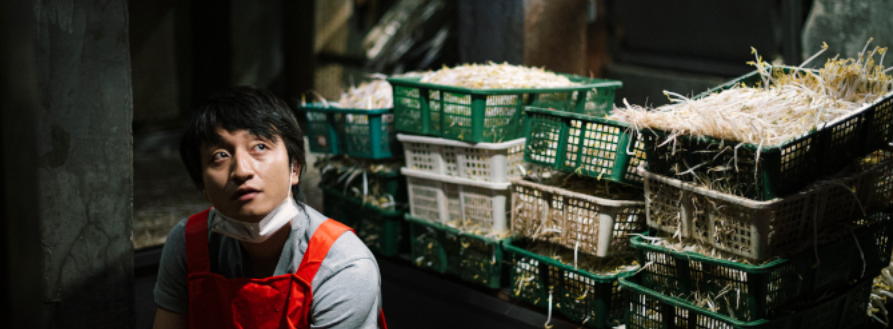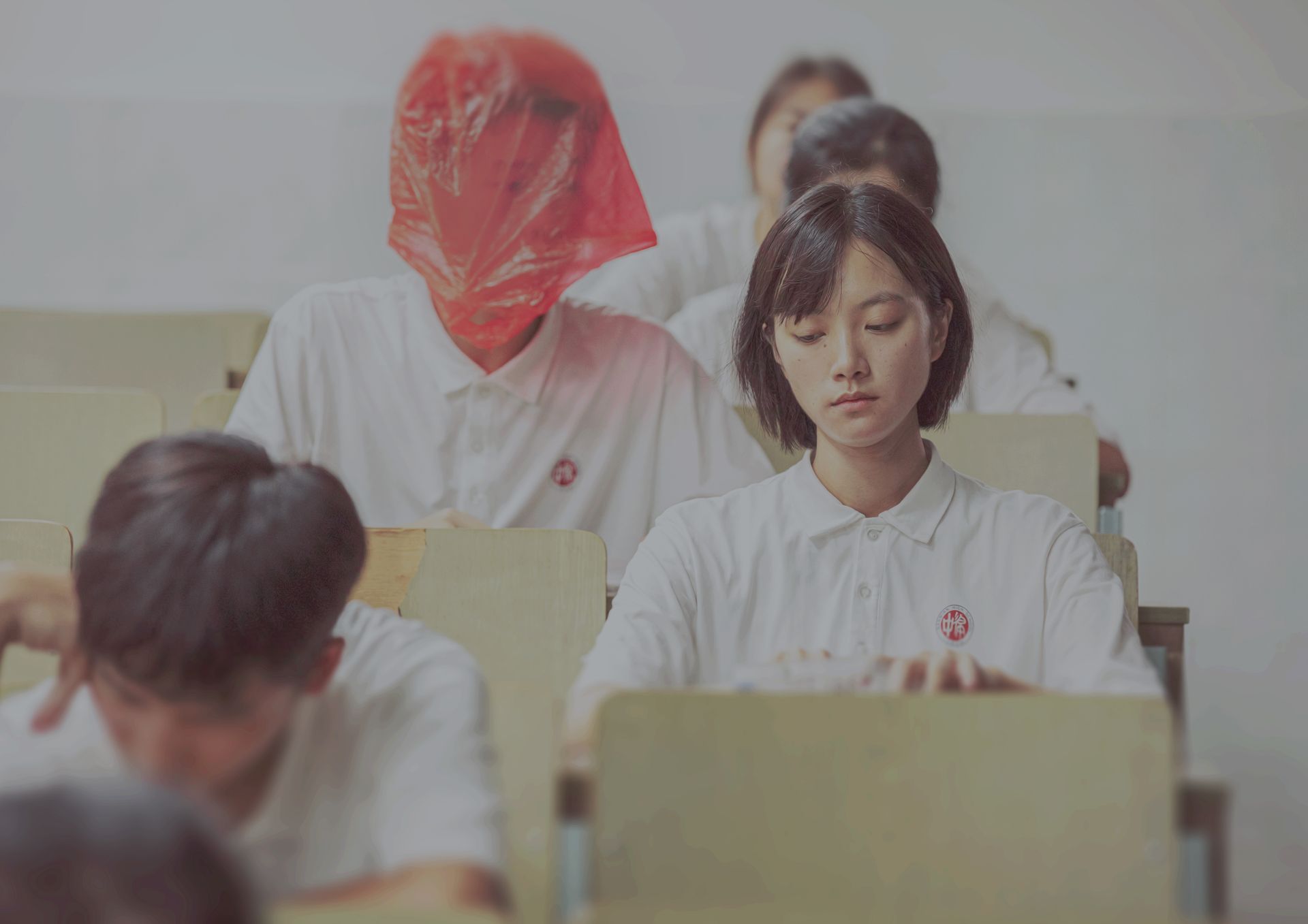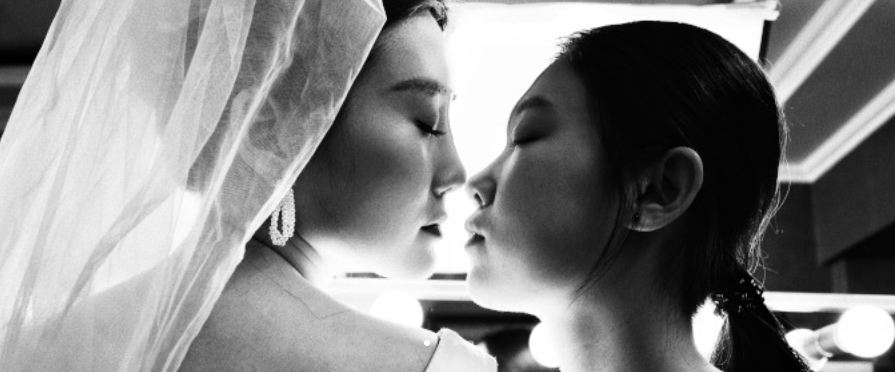Film Review #48: SAVING FACE
Film Review #48: SAVING FACE
*This film review may contain plot spoilers, reader discretion is advised.*
Though it might not be fair to either film to do a comparison, I would deem Alice Wu’s Saving Face as a fitting companion piece to Ang Lee’s The Wedding Banquet. It was opportune that I got to see both films as part of the Asian Film Archive’s Constellating Histories programme, and even more poignant that they stirred up the same kind of feelings.
Saving Face is loaded with the Chinese-American presence, with the familiarity of all the cultural whims to boot. The romantic comedy mainly centres around Wilhelmina Pang and Vivian Shing, played by Michelle Krusiec and Lynn Chen respectively. Their friendship, which quickly blossoms into a romance, is never fully expressed for most of the film. The cultural notion of saving face, which also serves as the film’s title poses the greatest hurdle between generations who grew up in different cultures.
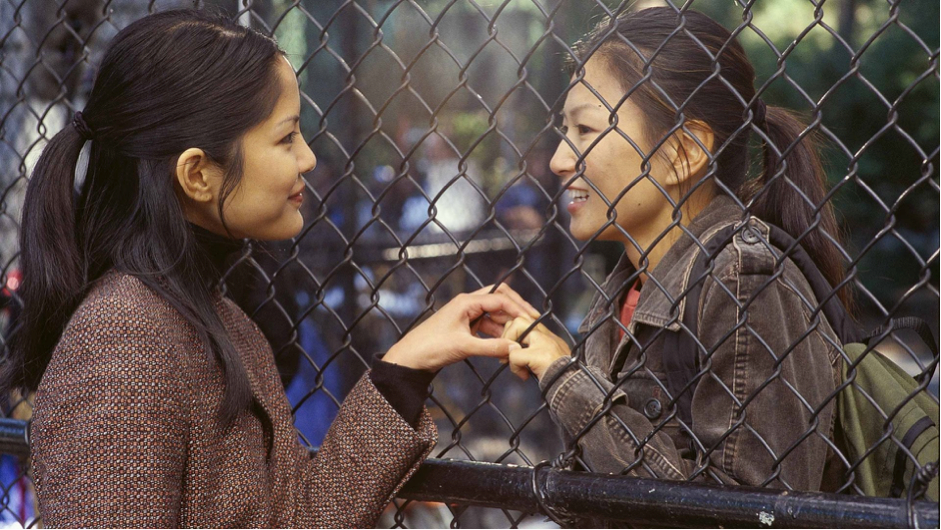
Film still from Saving Face
To further complicate matters, Wil’s widowed mother Gao Hwei-lang, played by Joan Chen, unexpectedly announces her unplanned pregnancy which plunges their entire family into turmoil. The cultural taboo proves a stain which leads to her being thrown out of the house, forcing her to seek refuge with her own daughter. Wil is left to juggle her own undisclosed relationship while remaining filial to her mother. From a cultural standpoint, the loss of face is seen as a worse repercussion than the problem itself.
Yet the film isn’t all doom and gloom, Alice Wu rejuvenates the mood with plenty of humorous moments, even though many play to cultural and racial stereotypes. The banter among the elders take place in the hair salon or at social events, as they try to set up their single children with potential partners. In a twist of roles, Wil also tries to set her mother up with other middle-aged men in the hopes of finding her a new husband. While a lot of the humor is found in the Chinese dialogue or cultural nuances, the universal language of finding the right person to love speaks to all audiences.
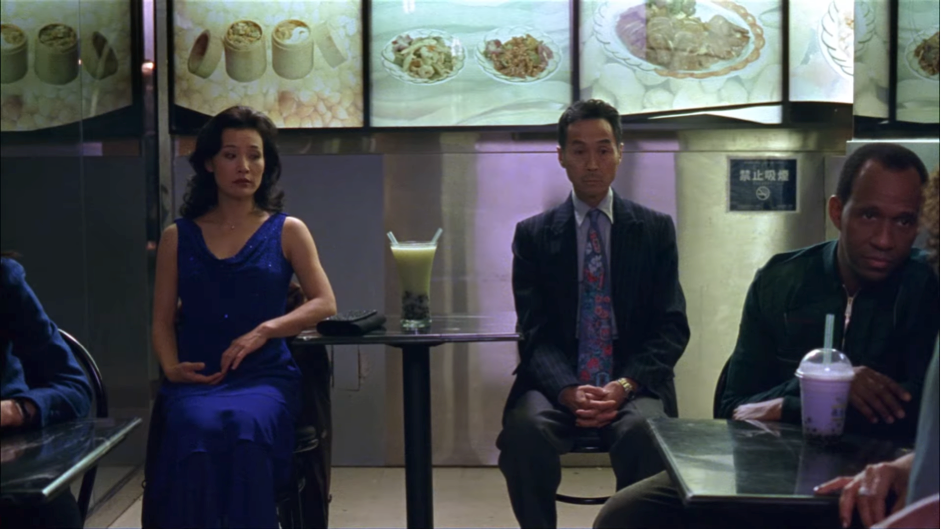
Film still from
Saving Face
Among the plethora of romantic comedies out there, what is it that makes films like Saving Face and The Wedding Banquet so special? Is it the inherent Chinese-American cultural stew that the diaspora can find a strong connection to, or that these filmmakers with strong Taiwanese roots wanted to create representation for a community unspoken for? Bearing in mind that these films were made a decade apart yet held the same hope not only for the LGBTQ community who were shunned, but the Chinese who still felt heavily restrained by their families.
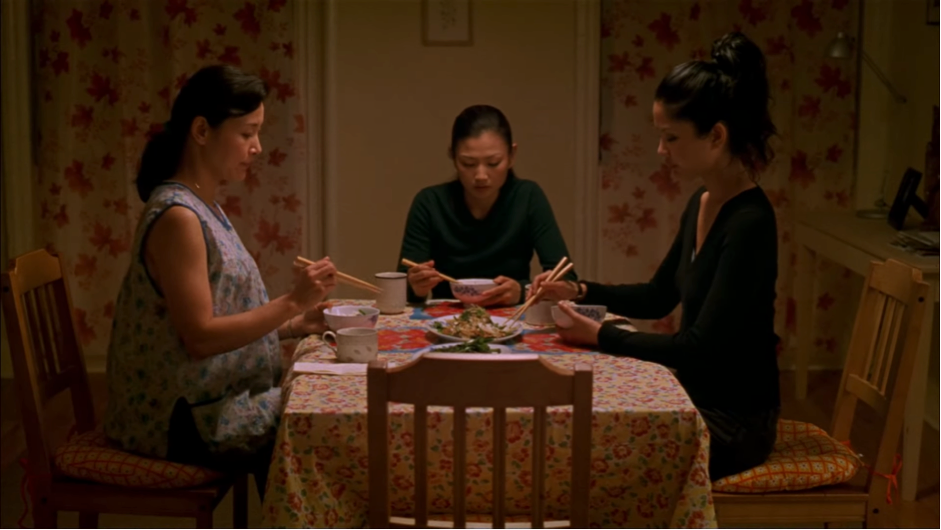
Film still from
Saving Face
In light of the recent attention given to the Southeast Asian-American representation in Hollywood, it’s a timely reminder that films like Saving Face exist and are able to speak for themselves. Perhaps the recent resurgence would give new filmmakers and actors that very same opportunity to create a film that belongs to them.

——————————————————————————-
This review is published as part of *SCAPE’s Film Critics Lab: A Writing Mentorship Programme, organized by The Filmic Eye with support from Singapore Film Society and Sinema.
About the Author: Ivan Chin has a penchant for Hong Kong cinema and science-fiction films, but enjoys anything from blockbusters to the avant-garde. His favourite directors include Johnnie To, Denis Villeneuve and Stanley Kubrick. He also fervently hopes to see local films blossom. In his free time, he can usually be found wandering around cinemas.

